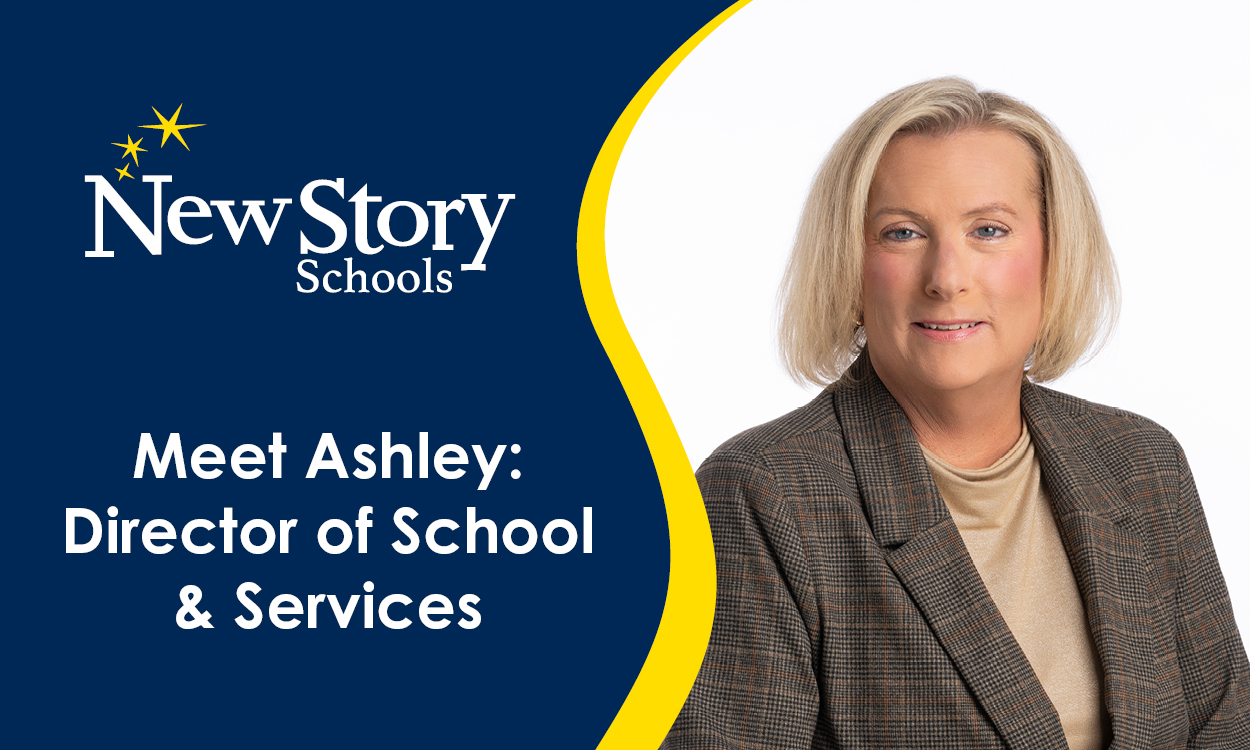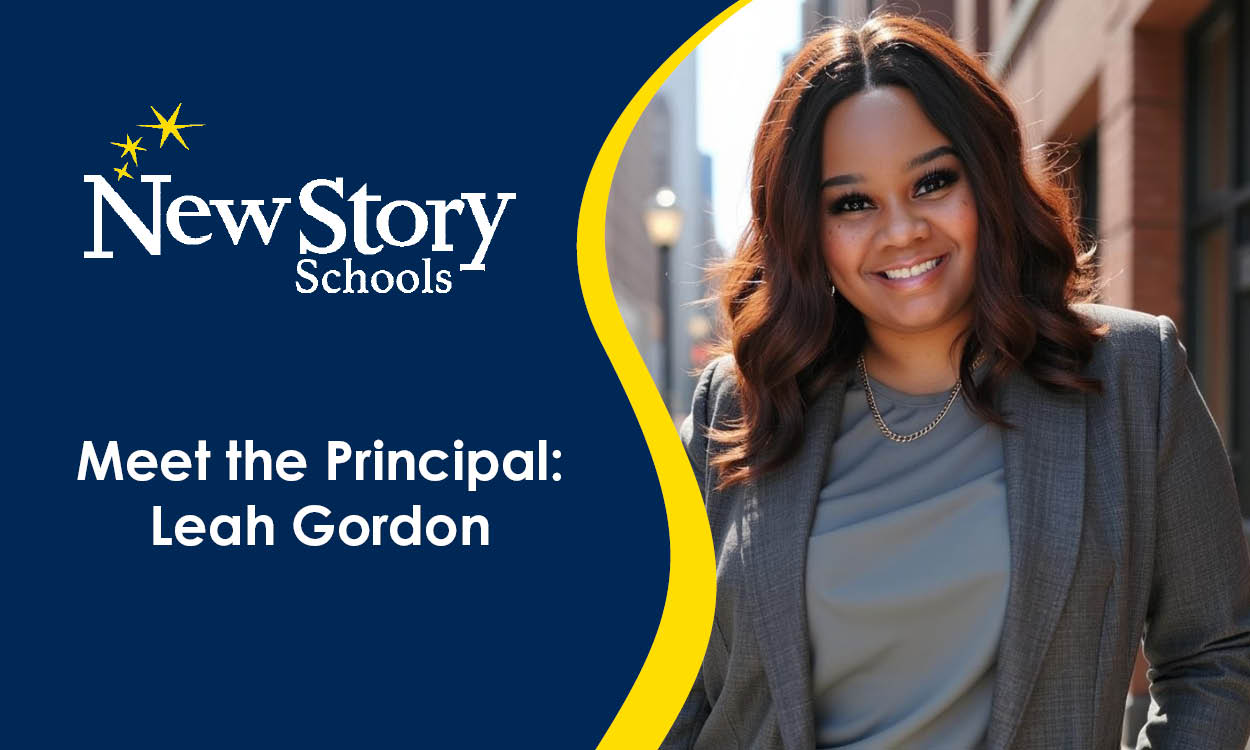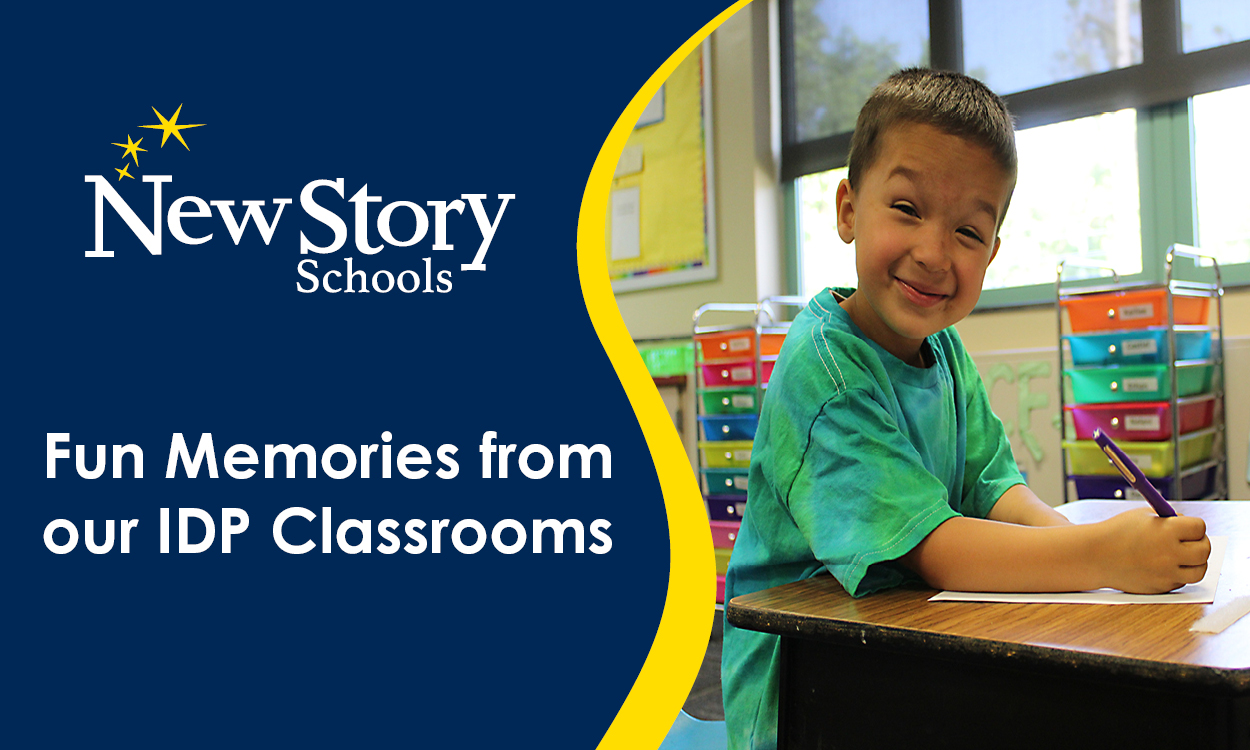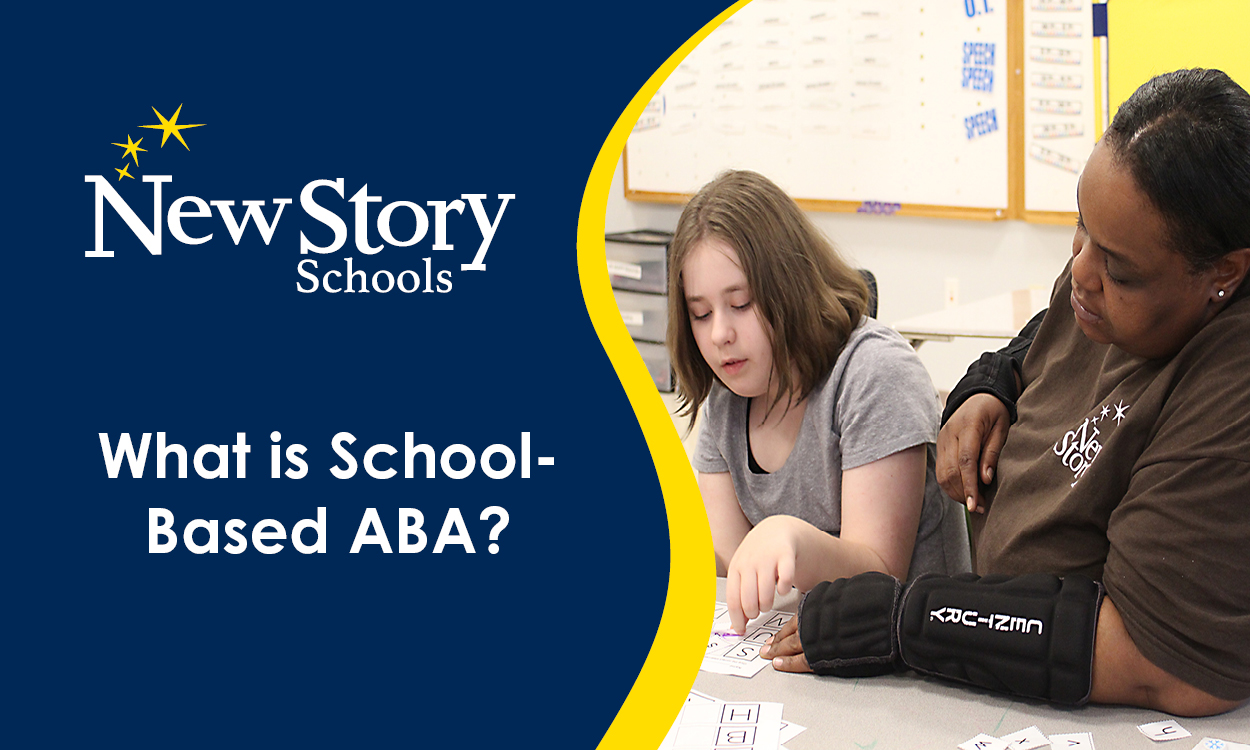Planning a Transition Volunteer Trip with Your Students
Posted: July 26, 2021 | Written By: Justin Maseto | Category: Support for Educators
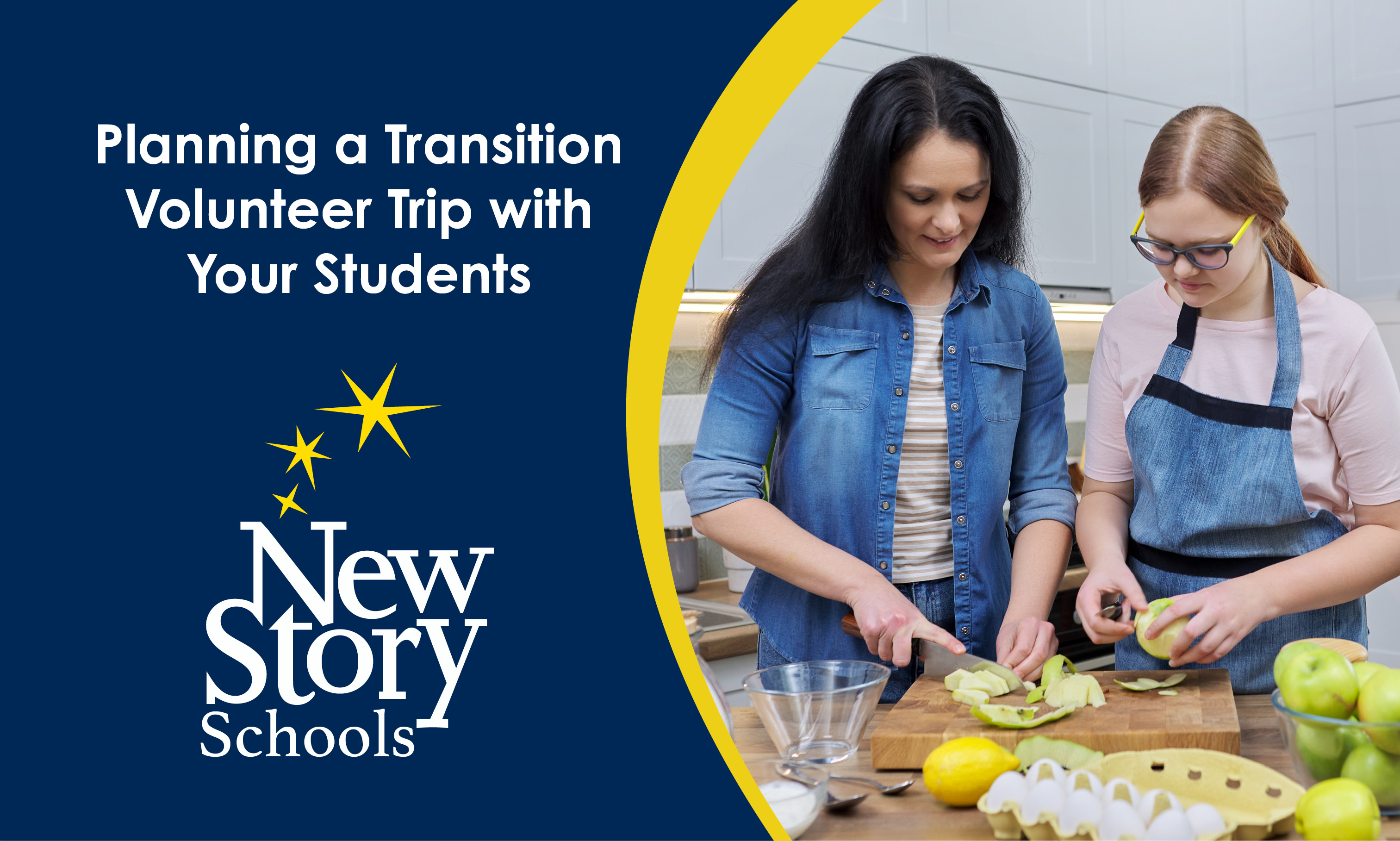
By Justin Maseto, Transition Coordinator – New Story Schools
and Diane Roulston, Transition Teacher – New Story Schools
Planning for a transition to adulthood is a critical part of any special education student’s curriculum. Those of us working in transition aim to get students aged 14 and older thinking about their goals after they graduate, and update their IEP plans to reflect those goals. Some students may be focused on getting more education, or on practicing their independent living skills. Many students, however, will be focused on finding gainful employment. In supporting transition, teachers and educators need to find ways to help students get practical experience that will support them, no matter their goals.
Finding locations where your students can practice a wide range of skills in an environment that is safe and supportive is invaluable but can be tricky. Consider the following options to help you set them up for success.
Utilize Your Community
- Ask around: People who know you and know your students will have more insight into their job sites and can tell you right away if the place they work is a good fit for your students. If they believe your students would do well there, they can start a conversation with management about the possibility of welcoming your students.
- Find non-profits or charitable organizations in your area who regularly welcome volunteers: These kinds of places are a great fit because they can use all the help they can get, your students will learn skills they will need in their eventual place of employment, and these organizations may have worked with students before.
- Target a diverse array of places: Your students will be best served if they have skills from many areas and see what kind of place they would like to work at.
- Don’t pass up a willing partner: Even if the business does not seem like a good fit, there may be opportunities your students would not have access to otherwise.
- Build relationships through meetings: When you find a place that seems to be a good fit, make sure you create time for an in-person meeting with the managers in charge, the owners or the board of directors. In person, you can read para-verbal communication better, you can look each person in the eye, and you can actively listen – all things needed to create strong relationships.
Build a Relationship
- Tell the story of what you do: Tell the story of your students – their struggles, their triumphs, what they’ve been able to do through your program.
- Listen to the business’s story: Listening to their story is just as important as telling your story because you need to understand this businesses’ perspective, history, current and future needs. With that kind of information, you can create a mutually beneficial partnership.
- Follow up: Relationships you build will not survive if you don’t follow up. Communicate regularly with the business. Follow up after trips. Regular communication will strengthen the relationship you built and give the business a chance to discuss aspects of the agreement that need to be changed.
Prepare Your Students
- Before you set off, prepare your students for the experience: What skills might they be using? What anxieties do they have? What are their expectations? Practice some of the skills ahead of time so that they feel confident in their abilities.
- Remind your students that flexibility is key: They may be asked to do a different task than the one you anticipated. If this kind of task is within your student’s abilities, it provides an excellent way to get your students used to change and flexibility in the workplace.
- Find out who will be telling your students what to do onsite: Anticipate that you will need to manage the project while it’s happening so that you can support your students, but if another manager is in the mix, your students need to anticipate taking direction from a new person. Taking directions from new people is an important skill to learn.
Stay Organized
Take notes on each experience, and file them away for future use. These notes can be used to:
- Show a future business partner what experiences your students have had and how that might translate to their business.
- Speak to parents about trips their child might go on, and the type of experience they may have.
- Provide graduating students with a list of places and contacts they can use as references on their resume.
- Generate a larger conversation with your students’ school or community programs about the successes and potential for volunteer visits.
These volunteer visits will help get your students ready to take the next step in their lives.
Want to be notified of new articles and resources from New Story Schools? Submit your email and opt into our newsletter!





